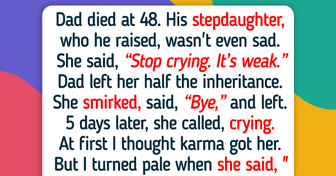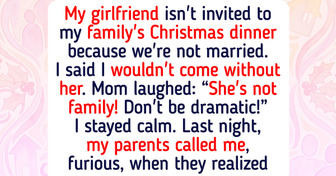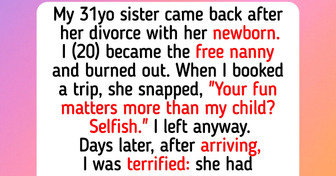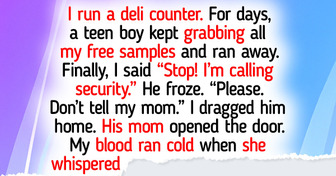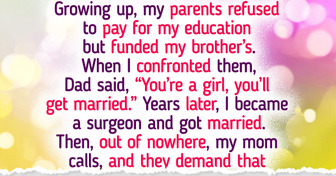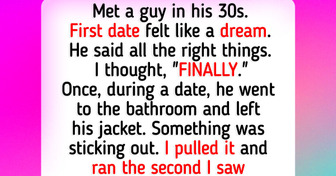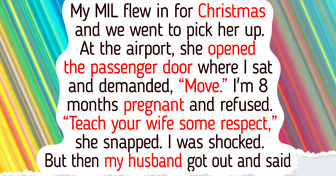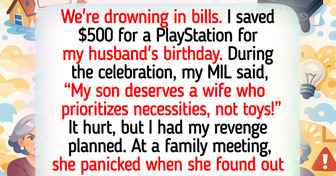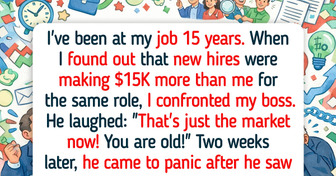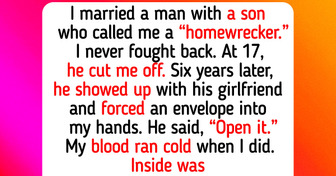15+ Stories That Prove Most Children Are a Reflection of Their Parents
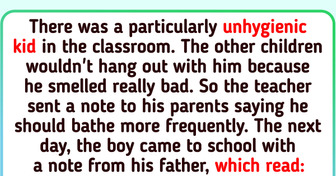

When children go through heartbreak, parents often feel it just as deeply. It’s natural for a parent to want to fix everything, to soothe the pain, and to protect them from the harshness of the world, but even the best intentions can sometimes backfire.
One of our readers recently shared her story of supporting her son through the darkest time in his life, only to be blindsided years later by the last thing she ever expected: blame.
My son was going through his worst heartbreak, so I stepped in to comfort and advice him. It was one of the hardest things I have ever witnessed. He had been with his high school sweetheart for years, and when their relationship ended, it left him completely shattered. As his mother, I couldn’t bear to see him in so much pain.
But what I didn’t realize was that, in trying to save him, I might have made things worse.
I offered comfort, advice, late-night talks, and encouragement. I even helped him slowly rebuild his confidence, piece by piece. In my mind, it was the least I could do.
Watching him struggle hurt more than I can explain, and I simply wanted to see him smile again.
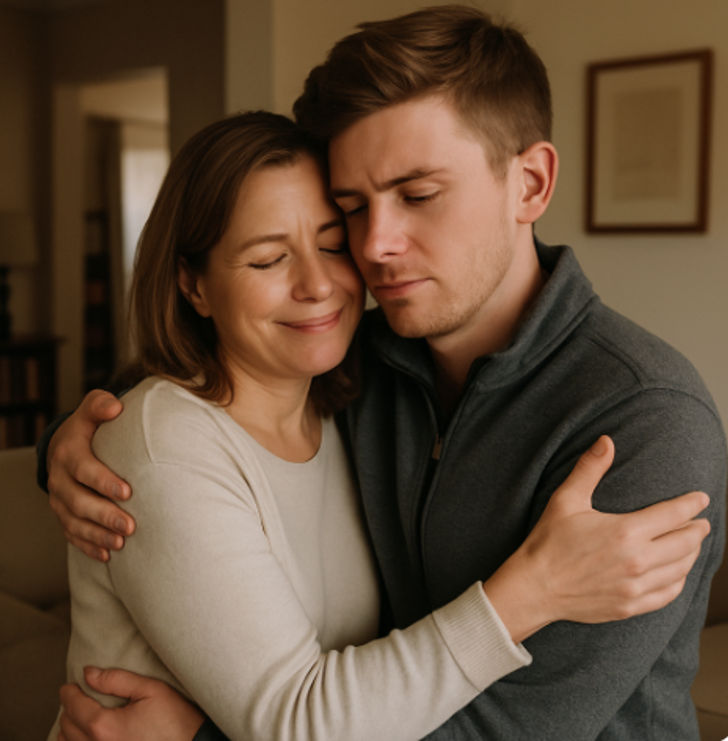
Over the years, life seemed to heal the wounds. He started dating again, found a new job he loved, and little by little, the boy who had once been so broken seemed to find his way back to happiness. We shared laughs, memories, and the occasional bittersweet moment looking back — but I truly believed that chapter was closed for both of us.
It never once crossed my mind that something deeper might still be lingering beneath the surface.
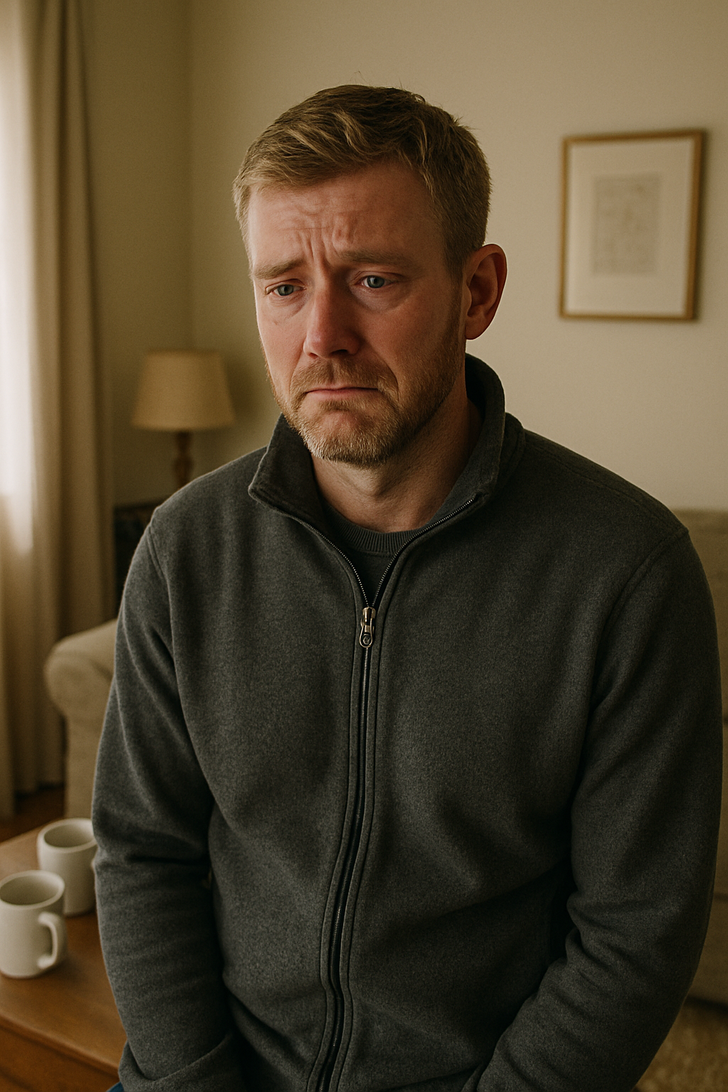
We were having one of our usual catch-up conversations after a busy week, chatting about life, work, and everything in between. It was light and casual.
But out of nowhere, his entire mood shifted. His face tightened in frustration, and suddenly, he snapped and said: “You don’t understand, Mom. You were the reason I couldn’t let go of her. You caused it.”
He didn’t look at me at first. Just stared down at his hands, like the words had cost him something to say. And then he told me why, “Every time I tried to move forward... you kept pulling me back.
You talked about her like she was family. You kept her photos up. You invited her to Christmas, even after we broke up. I know you loved her — I did too. But you didn’t lose her the way I did.”
There was a pause. A silence so thick I could barely breathe, “She didn’t just leave me, Mom. She cheated. She lied. And you... you still defended her. You still said ‘she’s just lost right now’ when I was the one shattered.”
His voice cracked then, and I saw it — the pain he’d buried, the resentment he’d never dared to speak aloud until now. I had been trying to keep the peace, to hold on to something familiar in the chaos of his heartbreak. But I hadn’t realized that in doing so, I had been siding with the ghost of someone who had broken him.
And now, finally, he was telling me what that had cost him.
Standing there, listening to my son — the same boy I had stayed up for, cried over, and encouraged through the worst nights — accuse me of being the obstacle to his healing was a feeling I can’t easily describe. I had only ever wanted to help. Hadn’t I done the right thing? Didn’t my support mean something?
But in his eyes, it wasn’t help. It was a chain.
He claims that I kept him trapped in a past he needed to let go. And now, years later, I’m left wondering if sometimes even love can unintentionally hold someone back.
Navigating the fine line between helping and holding on can be one of the hardest challenges in close relationships. Here are a few lessons we can all take from this emotional story:
Parents have an innate need to protect their children. But sometimes in a bid to be fair, some parents may go to the other extreme, like this mother who told her son’s girlfriend to break up with him.

